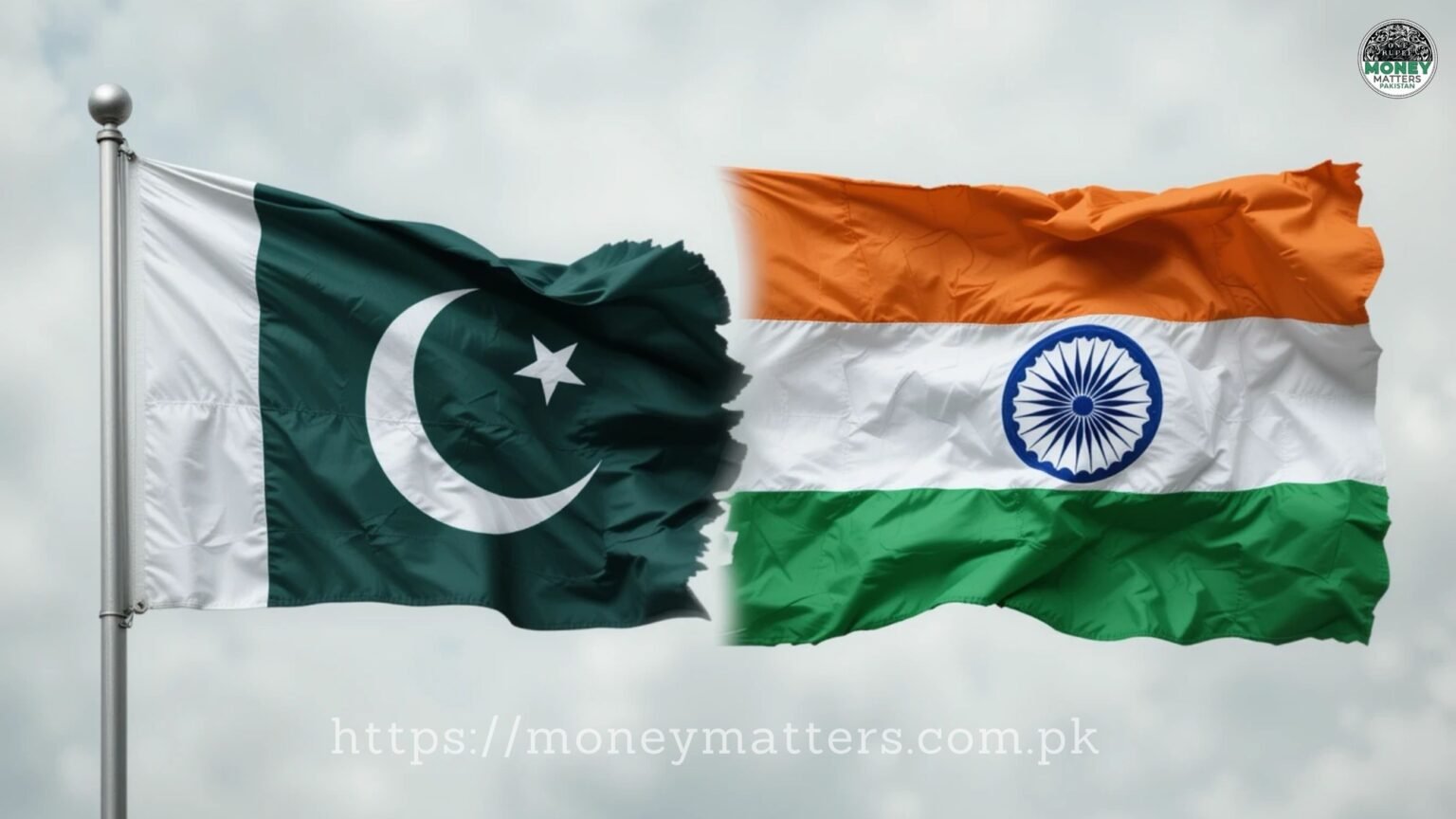Diplomatic Signals and Potential Trade Resumption Offer Hope for De-escalation, Influencing Regional Economic Stability
Key Takeaways:
i) Recent diplomatic communications suggest a potential softening of the strained relationship between India and Pakistan following heightened tensions.
ii) Economic factors, including the possibility of resuming bilateral trade, are playing a role in the ongoing discussions and the potential for de-escalation.
iii) International calls for dialogue and de-escalation are being noted by both nations, contributing to the cautious optimism surrounding the situation.
Money Matters Monitoring – A recent report by the Sri Lanka Guardian, titled “India-Pakistan Tensions Show Signs of Easing,” indicates a potential shift in the tense relationship between India and Pakistan.
The development comes after a period of increased friction, particularly following the Pahalgam terror attack in April 2025, which led to diplomatic expulsions and heightened security concerns on both sides of the border. However, recent high-level communications and signals from both capitals suggest a move towards de-escalation.
According to various reports, including those from Al Jazeera and the Council on Foreign Relations, the recent tensions had reached a critical point, with fears of military escalation. However, the return of diplomats to their respective posts and discussions around the possibility of resuming trade indicate a willingness to step back from the brink.
International actors have also played a role, with the United Nations and countries like the United States urging both sides to de-escalate and engage in dialogue.
Economic considerations are believed to be a significant factor in this potential easing of tensions. Bilateral trade between the two nations has been significantly disrupted since 2019, impacting businesses and economies on both sides. Resumption of trade, even in a limited capacity, could offer much-needed economic relief and foster a more conducive environment for dialogue. As Al Jazeera reported on May 1, 2025, while official trade figures have been low, unofficial trade routed through third countries suggests a significant underlying economic interest in maintaining commercial ties.
International actors have also played a role, with the United Nations and countries like the United States urging both sides to de-escalate and engage in dialogue. These calls for restraint and diplomatic solutions appear to be resonating with both New Delhi and Islamabad.
While significant challenges and long-standing issues, such as the Kashmir dispute, remain, the recent signs of easing tensions offer a glimmer of hope for a more stable and economically integrated South Asian region. The coming weeks will be crucial in determining whether this de-escalation can be sustained and translated into meaningful progress in bilateral relations.




